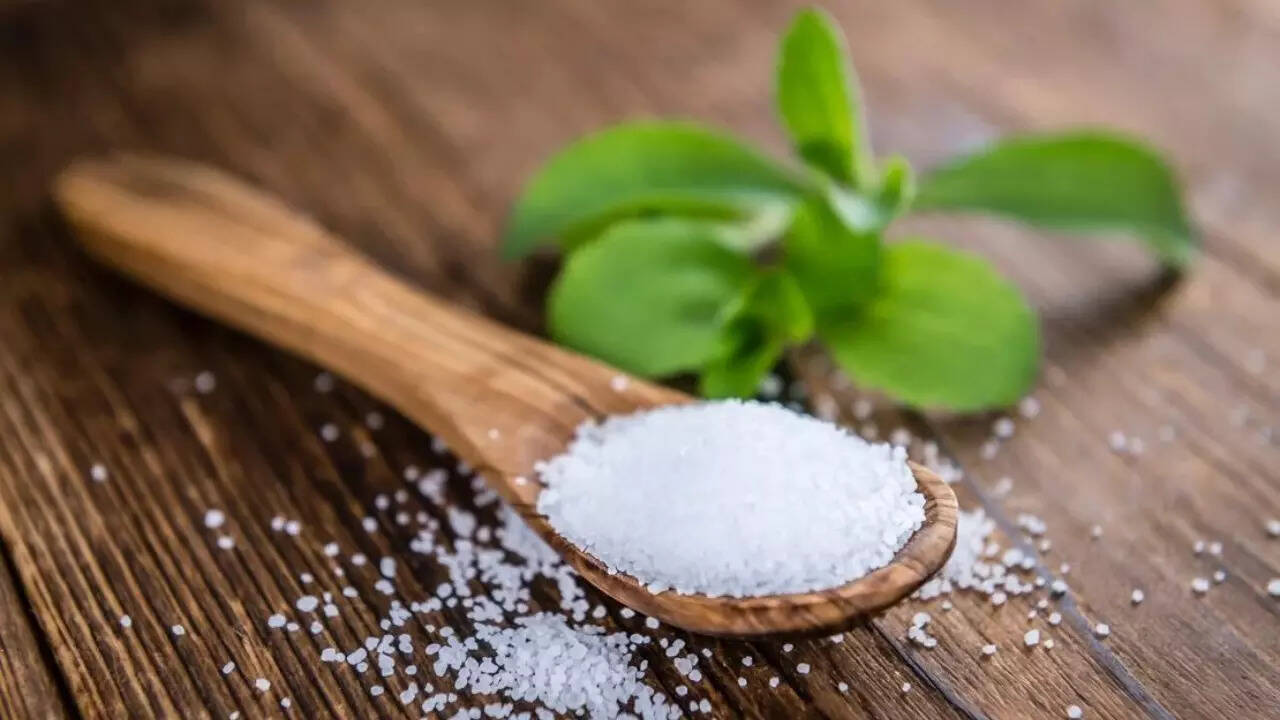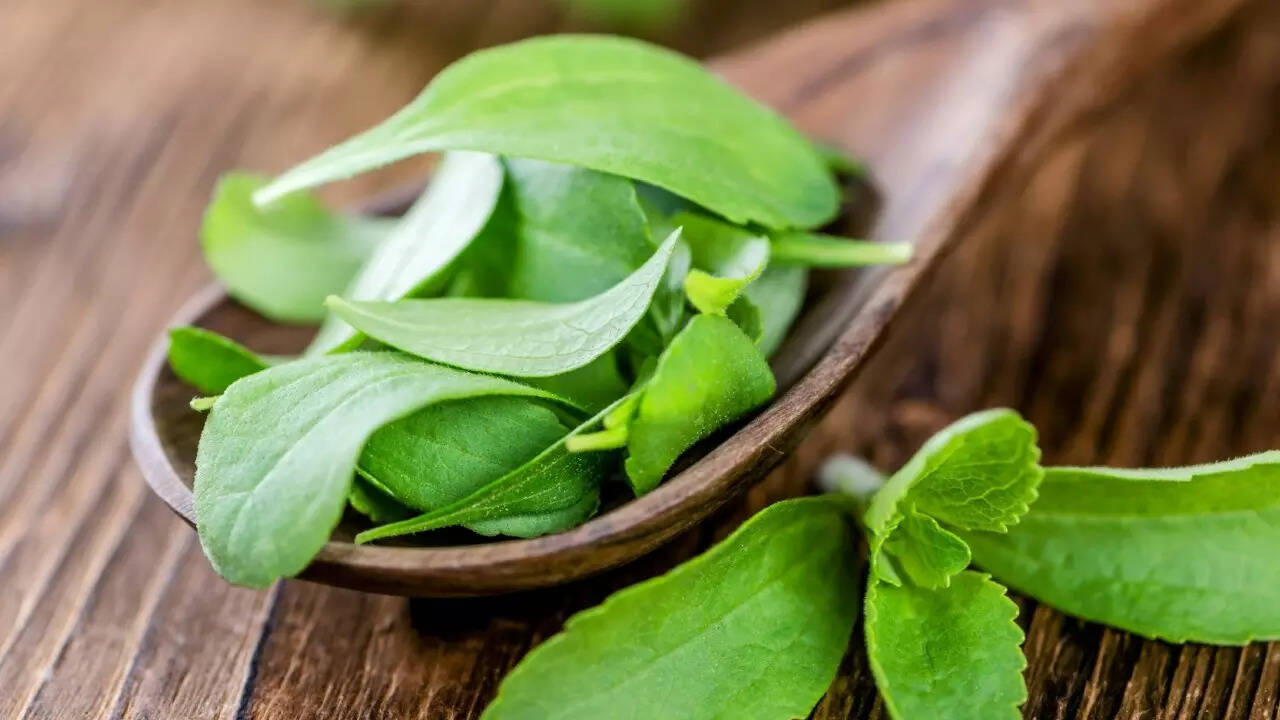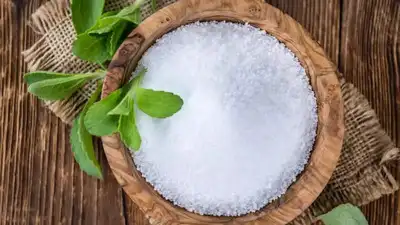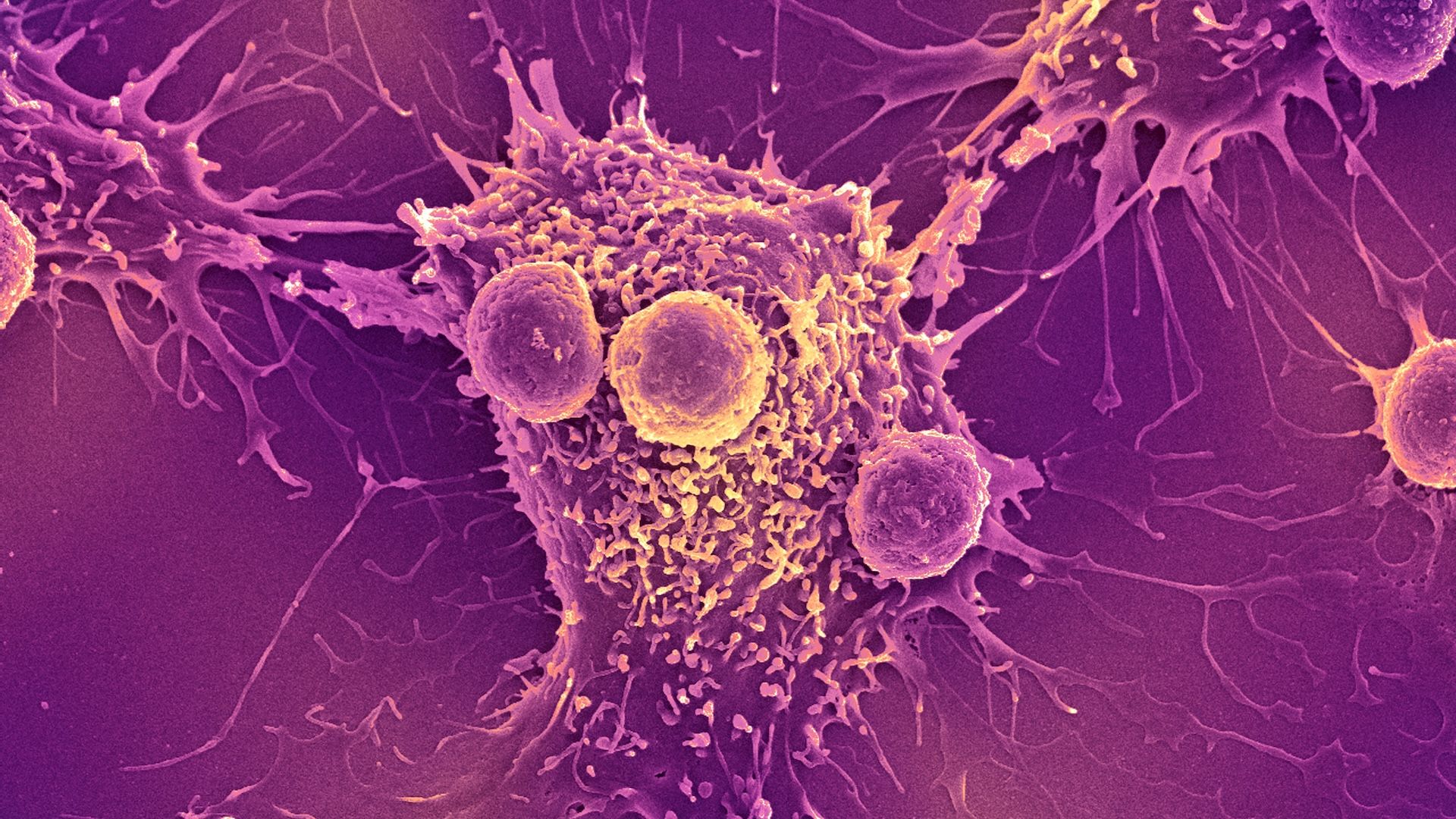Cancer prevention might just become a ‘sweet’ journey.That too, with the help of a natural sweetener!According to a recent study, published in the International Journal of Molecular Sciences, stevia might pave the way for effective prevention of pancreatic cancer.How?Read on to know more.
The ‘sweet’ breakthrough:
Stevia might soon be more than just a sweetener!Researchers have discovered that when stevia is fermented with a bacterium found in banana leaves, it can effectively target pancreatic cancer cells while leaving healthy kidney cells unharmed.

While discussing the recent study result, study co-author Narandalai Danshiitsoodol from Hiroshima University, said, “Globally, the incidence and mortality rates of pancreatic cancer continue to rise, with a five-year survival rate of less than 10%,” adding, “Pancreatic cancer is highly invasive and prone to metastasis, showing significant resistance to existing treatments, such as surgery, radiotherapy, and chemotherapy. As such, there is an urgent need to identify new and effective anticancer compounds, particularly those derived from medicinal plants.”
What did the study reveal?
For the study, the research team used a specific bacterium, Lactobacillus plantarum SN13T, to ferment stevia leaves. They compared the fermented version (which they call FSLE) to regular stevia extract and found that FSLE performed better in every way they tested.As Masanori Sugiyama explained, “To enhance the pharmacological efficacy of natural plant extracts, microbial biotransformation has emerged as an effective strategy.”They optimized the fermentation process and found that stevia was most effective when fermented for 72 hours, at 37°C, without oxygen.The results were impressive: fermented stevia effectively killed pancreatic cancer cells (PANC-1) while barely affecting healthy cells, even at higher doses. This selectivity is crucial for safe cancer treatments. Instead of an immediate kill, FSLE sometimes slowed down cancer cell growth, making them look weak and unhealthy.Fermented stevia also showed strong antioxidant properties, which is essential since oxidative stress is a big factor in cancer development. It neutralized free radicals more effectively than the non-fermented version, achieving a 94% scavenging power in one test.
What’s the takeaway?
Researchers believe that fermentation transforms compounds into more active versions.For example, a compound called chlorogenic acid is converted into chlorogenic acid methyl ester (CAME) during fermentation. CAME was found to be more effective than regular chlorogenic acid in halting cancer cell growth and triggering cancer cell self-destruction.Its potency was significant: the dose needed to kill half the cancer cells was much lower for CAME compared to regular chlorogenic acid. CAME works by blocking the cell cycle and forcing cells into apoptosis, their self-destruct mode.On a genetic level, CAME influenced genes associated with cell death, activating pro-apoptotic genes while shutting down those that prevent cell death. This supports the observed effects, showing that CAME doesn’t just kill cells randomly; it drives them into a specific self-destruction pathway.To sum up in simpler terms, this research suggests that fermented stevia could be a promising new avenue for effective cancer treatment, particularly for hard-to-treat pancreatic cancer.
What is stevia?
Stevia is a sweet sugar substitute that is about 50 to 300 times sweeter than sugar. It is extracted from the leaves of Stevia rebaudiana, a plant (shrub) native to tropical and subtropical America, and areas of Paraguay and Brazil. The active compounds in stevia are steviol glycosides, and the leaves may be used as a calorie-free substitute for sugar. Stevia is heat-stable, pH-stable, and not fermentable.

More than just a sweetener:
Stevia is not just a substitute for sugar anymore; it’s stepping up its game!Thanks to fermentation, researchers have discovered that stevia extract can be transformed into a compound that fights cancer while leaving healthy cells unharmed. This exciting change is linked to specific enzymes from a bacterial strain called SN13T. As per Danshiitsoodol, “This microbial transformation was likely due to specific enzymes in the bacteria strain used.”The findings show that this new compound, CAME, is more effective at harming cancer cells and promoting cell death in PANC-1 cells than chlorogenic acid alone.
The way ahead:
What’s next for this research? The team has plans to take their work from the lab to the real world, with mouse studies coming up. This will test if fermented stevia can work within living systems, which have complex immune responses and metabolism.According to Danshiitsoodol, “The present study has substantially enhanced our understanding of the mechanism of action of the Lactobacillus plantarum SN13T strain in the fermentation of herbal extracts, while also offering a valuable research perspective on the potential application of probiotics as natural anti-tumor agents.”Going by this research, with the right microbes, even a simple leaf like stevia could become a powerful weapon against cancer. It’s not bad for a sugar substitute anymore; it’s a natural and valuable component with more than its sweetening qualities.



